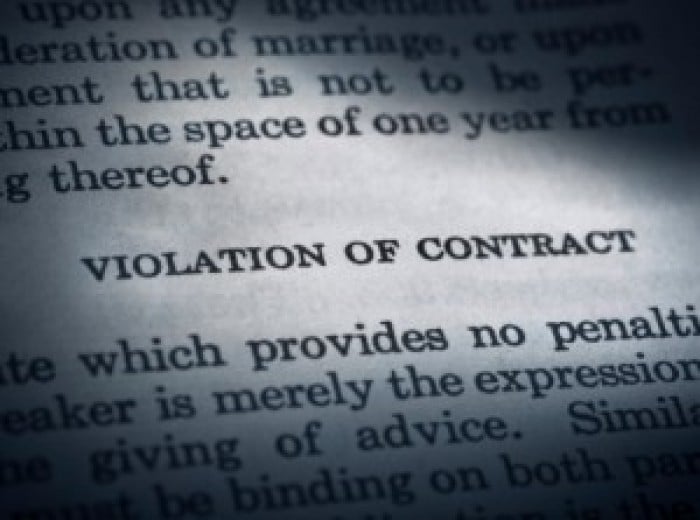
Uh oh…looks like Amazon’s Lending Library for Prime subscribers has a slight snag-they may not be legally allowed to offer them. The “big six” publishers wanted nothing to do with the program, which isn’t surprising, but Amazon has amassed almost 5,000 titles from smaller houses. Amazon is basically treating each “loan” of a book as a sale of that book, and paying the publishers accordingly. Clearly, Amazon believes this is within their contract rights, but the Author’s Guild is arguing it doesn’t count as a sale and should be a separate contract item.
Specifically, here’s the meat of the Guild’s position from their blog:
How can Amazon get away with this? By giving its boilerplate contract with these publishers a tortured reading.
Amazon has decided that it doesn’t need the publishers’ permission, because, as Amazon apparently sees it, its contracts with these publishers merely require it to pay publishers the wholesale price of the books that Amazon Prime customers download. By reasoning this way, Amazon claims it can sell e-books at any price, even giving them away, so long as the publishers are paid.
From our understanding of Amazon’s standard contractual terms, this is nonsense – publishers did not surrender this level of control to the retailer. Amazon’s boilerplate terms specifically contemplate the sale of e-books, not giveaways, subscriptions, or lending (Amazon does have a lending program that some publishers have authorized, but it’s a program that allows customers – not Amazon – to lend their purchased e-books). Amazon can make other uses of e-books only with the publishers’ consent.
Amazon, in other words, appears to be boldly breaching its contracts with these publishers. This is an exercise of brute economic power. Amazon knows it can largely dictate terms to non-Big Six publishers, and it badly wanted to launch this program with some notable titles.
Why did it matter so much to Amazon? It’s all about the Kindle Fire, and Amazon’s unexpected e-book device battle with Apple and especially Barnes & Noble. (More on that, in another post.)
Now, I am not a lawyer, and I didn’t stay at a Holiday Inn Express last night. But Amazon is a big company, and they launched this with the intent to make it a tentpole of their Kindle Fire strategy. I can’t imagine Amazon’s lawyers aren’t prepared to fight this heavily in court. The problem really comes down to whether it matters if a book is sold as an individual sale or given away as part of a subscription. If the author and publisher are paid either way, is it splitting hairs if the customer paid for that precise instance of a book or not?
I don’t know the answer, but I am sure it won’t be determined without a whole lot of legal dickering. One thing I do wonder about is whether there’s precedent with the old “Book of the Month Club” type deals. Obviously, those were a bit different, but if Amazon wants to do an ebook of the month club, shouldn’t there be some similar contract language they could use? I also would take the Author’s Guild with a big grain of salt. The author of the blog post, at least, has a strong anti-Amazon bias or at least is very angry with Amazon for their implementation of the Prime lending program. Nothing has been determined in court, and no one has shut down the lending program (yet). At the same time, if you’re intrigued by any books on the Prime lending list, I’d grab one now…who knows how much longer they’ll be around!

This of course will ultimately depend on the contracts and how they’re interpreted. However, consider that B&N has had lending in the nook from very early on, and allows you to read many ebooks when you’re physically in one of their stores. Is B&N making payments for either of these activities?
It was interesting to see that Jerry Pournelle (or someone pretending to be him) responded on the blog, saying that he didn’t see a problem with this, since the author would get paid the same as for a purchase.